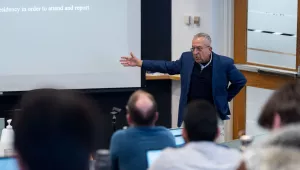Militias in Civil Wars Special Issue
Abstract
Existing research maintains that governments delegate extreme, gratuitous, or excessively brutal violence to militias. However, analyzing all militias in armed conflicts from 1989 to 2009, we find that this argument does not account for the observed patterns of sexual violence, a form of violence that should be especially likely to be delegated by governments. Instead, we find that states commit sexual violence as a complement to—rather than a substitute for—violence perpetrated by militias. Rather than the logic of delegation, we argue that two characteristics of militia groups increase the probability of perpetrating sexual violence. First, we find that militias that have recruited children are associated with higher levels of sexual violence. This lends support to a socialization hypothesis, in which sexual violence may be used as a tool for building group cohesion. Second, we find that militias that were trained by states are associated with higher levels of sexual violence, which provides evidence for sexual violence as a "practice" of armed groups. These two complementary results suggest that militia-perpetrated sexual violence follows a different logic and is neither the result of delegation nor, perhaps, indiscipline.
Continue reading (log in may be required): http://jcr.sagepub.com/content/59/5/877.full
Cohen, Dara Kay and Ragnhild Nordås. “Do States Delegate Shameful Violence to Militias? Patterns of Sexual Violence in Recent Armed Conflicts.” Journal of Conflict Resolution, August 2015







